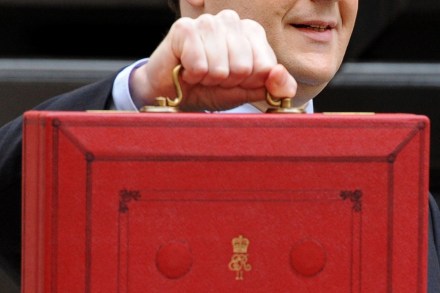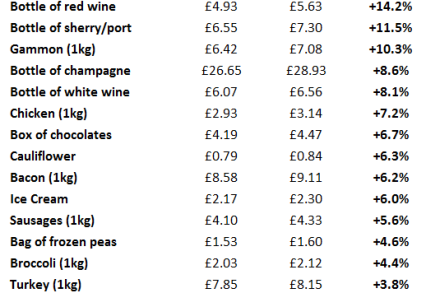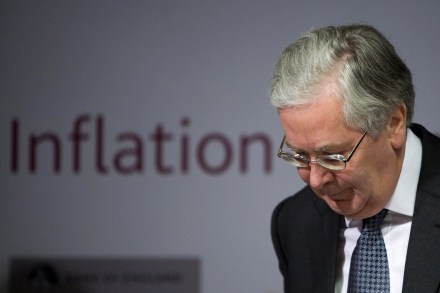The hunger Games
One million children at risk of starvation in Niger; global food inflation last year of approximately 6 per cent; political instability linked to food price rises; drought in the US forcing corn prices up by 23 per cent; and more trouble down the road with Russia possibly banning wheat exports after failed harvests. Food is a very hot topic. The Prime Minister is right to use the Olympics to focus on global hunger. But while the main focus of this summit must be to address the problem in poor countries, it’s important to remember that food poverty exists in every country – rich and poor – in the UK as





















